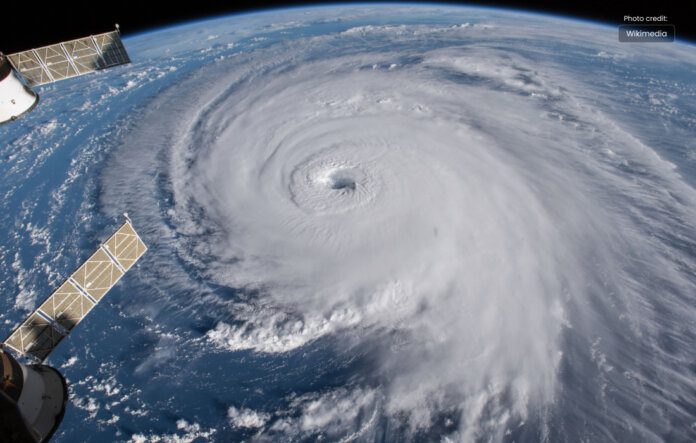Pakistan issues warning for Cyclone Biparjoy, set to hit this week.
While the authorities have begun to take preventative steps, such as prohibiting admission to beaches and removing sign boards, laypeople are concerned about the causes and impact of Cyclone Biparjoy.
How do cyclones get their names?
A body called the Panel on Tropical Cyclones (PTC) is in charge of naming tropical cyclones in South Asia, According to Voice of America. The panel’s membership has grown from seven to thirteen countries, including:
- Pakistan
- India
- Bangladesh
- Myanmar
- Thailand Maldives
- Sri Lankan
- Oman
- Iran
- Saudi Arabia
- United Arab Emirates
Bangladesh suggested the name ‘Biparjoy’ this time.
Prior to 2004, there was no practice of naming storms as they were numbered; however, it was later agreed by the PTC and meteorological agencies from all countries that storms should be called in an easy-to-pronounce manner.
It was also agreed among the member countries that each country would take turns naming each cyclone, with the names being simple to remember and pronounce. The turns are assigned in alphabetical order.
Term definitions for intensity:
L: Low-Pressure Zone
D: depression (17-27 knots)
DD: Deep Depression (28-33 knots)
CS: Cyclonic Storm (34-47 knots)
SCS: Severe Cyclonic Storm (48-63 knots)
VSCS: Very Severe Cyclonic Storm (speeds of 64-89 knots)
ESCS: Extremely Severe Cyclonic Storm (speeds of 90-119 knots)
SuCS: Super Cyclonic Storm (120 knots)
Biparjoy could reach Pakistan’s coast by June 15
Cyclone Biparjoy is expected to make landfall as a Very Severe Cyclonic Storm (VSCS) over the coastal stretch of southeast Sindh between the Pakistan/Rann of Kutch-Indian Gujarat coasts on the June 15 afternoon.
However, the cyclone could cause strong gusts, torrential rainfall, and flooding in the province’s coastal areas, According to NDMA.
The NDMA asked the authorities in charge to conduct a public awareness campaign in the local language to notify people of coastal areas about weather conditions and to discourage them from visiting the shorelines.
“Fishermen should avoid boating in open waters.” In emergency situations, follow and cooperate with local authorities,” it stated.




